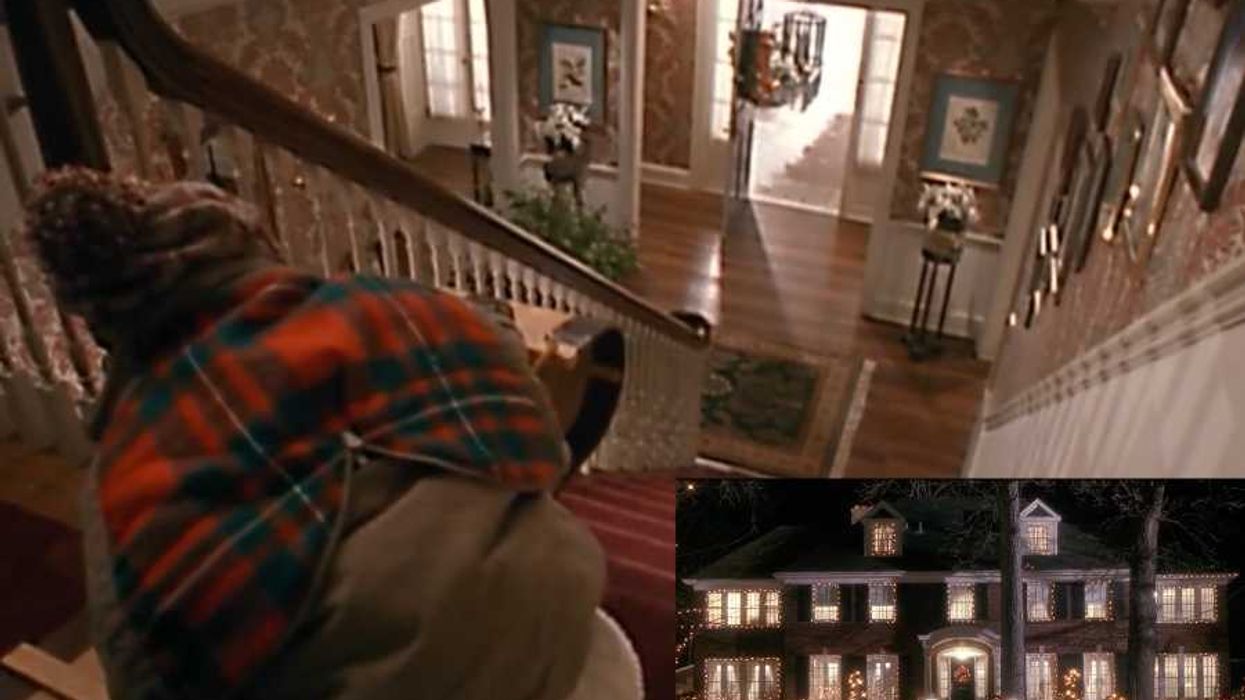Pop quiz: do you know every location you’ve traveled over the past month including work, the grocery store, the bank or even a romantic rendezvous? Nearly all of us would fail that quiz miserably. But thanks to a federal court ruling, law enforcement agencies will have no such trouble finding out exactly where we’ve been at any given date or time.
That’s because the 4th Circuit Court of Appeals has upheld earlier rulings which determined that cell phone users have “no reasonable expectation of privacy” when it comes to the location data collected by their phones.
As the Intercept reports, the 12-3 vote in Richmond, Virginia is based on the decision that such information is “voluntarily” handed out to our cell phone service providers even if we were never aware that such a transaction was verified or even took place. In the majority opinion, Judge Diana Motz wrote:
“Supreme Court precedent mandates this conclusion … For the Court has long held that an individual enjoys no Fourth Amendment protection ‘in information he voluntarily turns over to [a] third part[y].’”
In a maddening irony, TechDirt points out that customers can’t even access this location data on themselves. But law enforcement offices can because we’ve “voluntarily” given up that information simply by using any phone that collects data from its GPS system.
Privacy advocates hope that a strongly worded dissent from three judges in the case will compel the Supreme Court to take up the question, which is largely based on a 1979 case involving banking records. Of course, the nearly 40-year-old case, Smith v. Maryland, was decided at a time when the Internet and geolocation data was little more than science fiction to nearly every American and wireless phones were still two decades from becoming the predominant form of communication that they are today. Giving users the option to control the flow of that data might make the lives of law enforcement more difficult but privacy advocates say at least making citizens aware of what data they are transmitting to the government makes common sense.
In the dissent, Judges James Wynn wrote, Henry Floyd and Stephanie Thacker wrote:
“Only time will tell whether our society will prove capable of preserving age-old privacy protections in this increasingly networked era. But one thing is sure: this Court’s decision today will do nothing to advance that effort.”
















 Otis knew before they did.
Otis knew before they did.